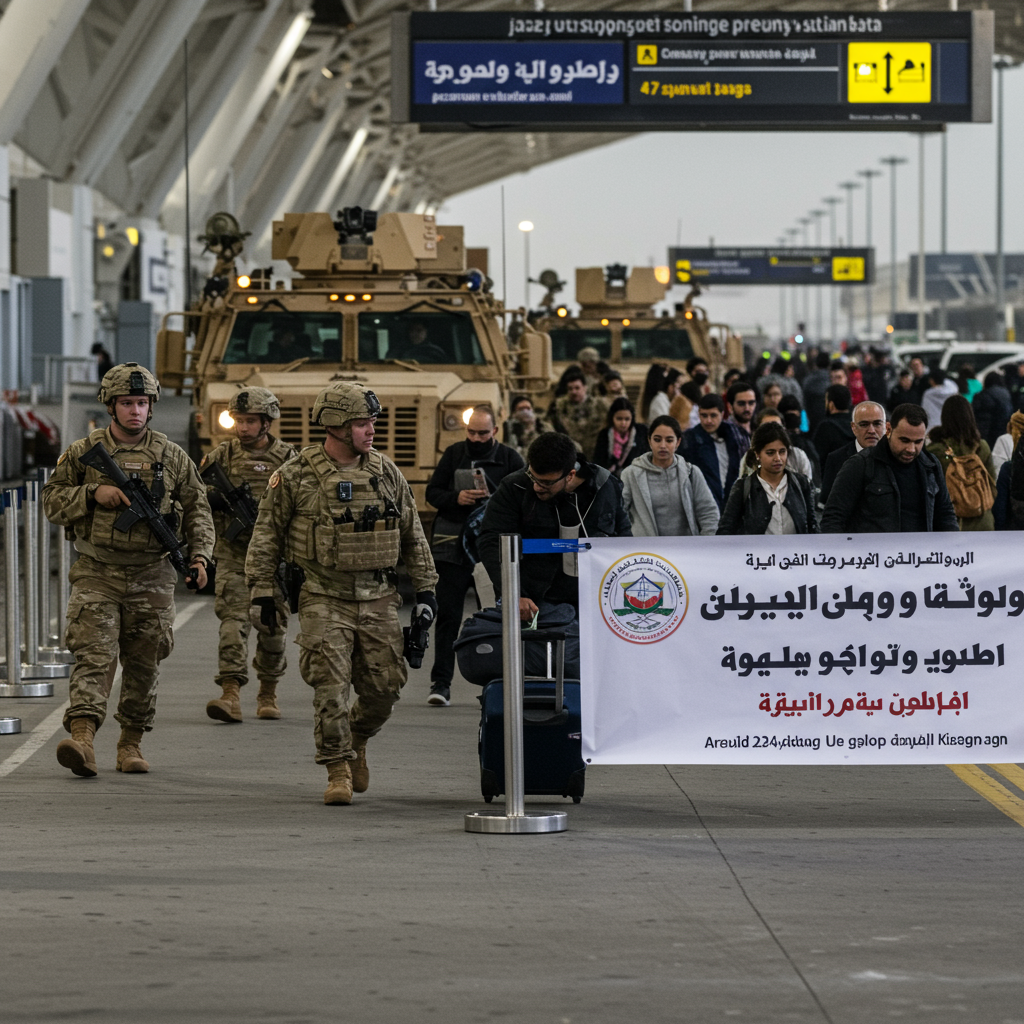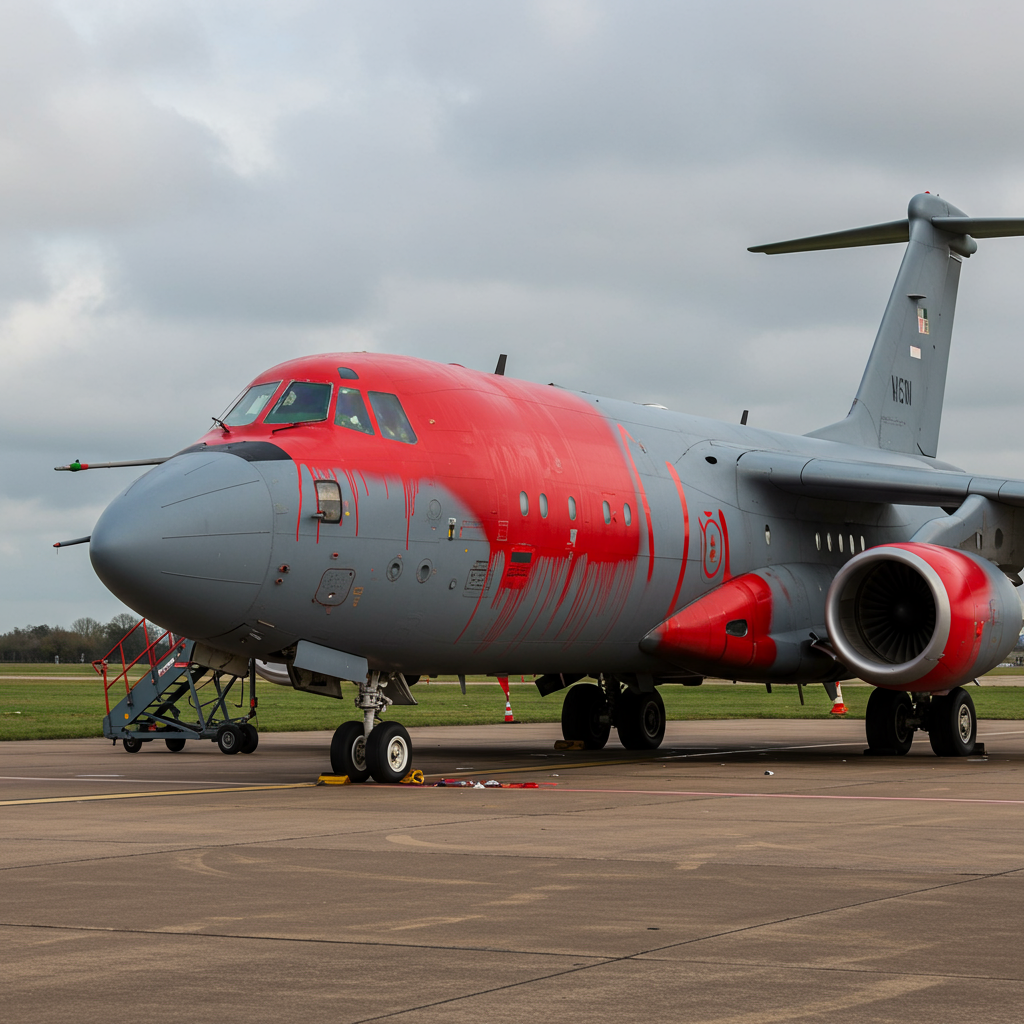US Heightens Security Measures Across Middle East Amid Iran Tensions
Following President Donald Trump’s order for military strikes against Iran’s nuclear facilities, the United States has significantly ramped up emergency measures to protect American citizens and personnel across the Middle East. Citing concerns over potential Iranian retaliation and a volatile security environment, the State Department has increased evacuation options and elevated security alerts in several key countries.
The U.S. military action targeted crucial Iranian nuclear sites, including Fordo, Isfahan, and Natanz. While President Trump claimed the strikes caused “monumental damage,” particularly to deeply buried facilities, the full assessment of the impact remains ongoing. These U.S. strikes followed over a week of related Israeli military operations targeting Iran’s capabilities.
Increased Evacuations Underway
A major focus of the increased security efforts is facilitating the departure of U.S. citizens from regions facing heightened risk.
Israel: The State Department has doubled the number of emergency evacuation flights available for Americans wishing to leave Israel. Government-chartered flights have begun departing for destinations like Athens, Greece, with plans to reschedule flights canceled due to temporary Israeli airspace closures. In addition to air travel, a cruise ship transporting over 1,000 Americans, including a large group of young visitors, has sailed to Cyprus. As tensions escalated, over 7,900 Americans in Israel reportedly requested assistance to depart.
Lebanon: Due to the unpredictable security situation, the U.S. Embassy in Beirut has ordered the departure of all nonessential personnel and their families. While no government-provided evacuation flights from Lebanon were announced, Americans seeking to leave were advised to utilize existing commercial travel options.
Iraq: The drawdown of nonessential staff at the U.S. Embassy in Baghdad and the consulate in Erbil continues. This process began before the recent strikes on Iran as part of ongoing efforts to streamline operations amidst regional instability, fueled in part by concerns over Iranian-backed militia groups.
Travel Warnings Escalated
Beyond evacuations, the State Department has intensified travel warnings for Americans globally and specifically in the Middle East.
Global Caution: An alert advised all U.S. citizens worldwide to exercise increased caution, noting potential disruptions to travel and periodic airspace closures across the Middle East resulting from the conflict between Israel and Iran. It also warned of the potential for demonstrations targeting U.S. citizens and interests abroad.
- Regional Alerts: Specific warnings were issued for countries like Saudi Arabia and Turkey. The U.S. Mission in Saudi Arabia advised personnel to exercise increased caution and limit non-essential travel, particularly around military installations, due to reports of regional hostilities. In Turkey, U.S. personnel were cautioned to maintain a low profile and avoid non-essential travel to the U.S. Consulate Adana district, which includes the Incirlik NATO airbase, citing concerns that negative sentiment towards U.S. foreign policy could lead to actions against U.S. or Western interests.
- apnews.com
- spectrumlocalnews.com
- www.travelandtourworld.com
- www.mercurynews.com
The demand for assistance is significant across the region. In addition to the thousands seeking help from Israel, over 1,000 Americans in Iran have also sought assistance, navigating challenges posed by the lack of a U.S. diplomatic presence there. Overland routes, such as into neighboring Azerbaijan, have been utilized by some Americans departing Iran.
In response to the heightened threat environment, security officers at all U.S. embassies and consulates globally have been instructed to review their security posture and report their findings to the State Department. These collective measures underscore the U.S. government’s assessment of elevated risk and its priority on ensuring the safety of its citizens and diplomatic staff in the aftermath of the strikes on Iran.



